Product pictures
| Amount Per 1 cup | |||
| Calories | 150 Kcal (628 kJ) | ||
| Calories from fat | 72 Kcal | ||
| % Daily Value* | |||
| Total Fat | 8g | 12% | |
|---|---|---|---|
| Saturated Fat | 5g | 25% | |
| Cholesterol | 35mg | 12% | |
| Sodium | 115mg | 5% | |
| Total Carbs | 11g | 4% | |
| Sugars | 11g | 44% | |
| Protein | 8g | 16% | |
| Vitamin C | 3mg | 5% | |
| Vitamin A | 0.2mg | 6% | |
| Calcium | 300mg | 30% | |
* Percent Daily Values are based on a 2000 calorie diet. Your daily values may be higher or lower depending on your calorie needs.
Find out how many calories should you eat.
Ingredients And Nutrition Overview
Best
choice Good
choice Poor
choice Avoid
it!
choice Good
choice Poor
choice Avoid
it!
-
WeightWatchers Points: 3.7, PointsPlus: 4, SmartPoints: 6
WeightWatchers Points are estimated by carbohydrates, fats, protein and fiber in product. They are not an affirmation of better quality or nutritional value of the product or its manufacturer. Only way to count for dieters. Less points are better.
Read more at Weight watchers diet review -
Over 25% of daily saturated fat!
Bad! More 25% of daily saturated fat!
For years Saturated fat was claimed to raise cholesterol levels and give us heart attacks. Today different studies refute this claim. They say, that replacing saturated fat with carbohydrates or refined starch or sugar is not changing the heart disease risk. Not processed carbs nor saturated fats are good for you. Only if you replace it with polyunsaturated fat, you'll get a reduction in heart disease risk. So try to have a balanced diet. -
Keep an eye on the cholesterol.
Today cholesterol is no longer a villain. The 2010's USDA guidelines told us to limit cholesterol from foods
Now experts say cholesterol is "not a nutrient of concern" because cholesterol from foods doesn't cause higher blood cholesterol levels.
Nevertheless try to consume no more than 300 milligrams daily.
This product contains more than 12% of your daily cholesterol intake.
If you still are on a low cholesterol diet, please keep in mind:
- nutritionists are not recommending you go out and binge on cheeseburgers and fries.
- 10% of your daily allowance can quickly become 50% when a hamburger turns into double cheeseburger.
-
Want to lower the cholesterol intake? Here are some advices:
- Try to limit your cheese, dairy and meat intake to one item per meal.
- Avoid meals with multiple sources of cholesterol (chicken with cheese, junk food)
- Try to indclude in your diet low- or nonfat dairy, seafood, legumes and nuts.
- Choose water instead of milk for your coffee.
-
Convert Salt tsps to Sodium mg easily
Salt (NaCl) is not excactly sodium (Na).
It is not right to use these terms as synonyms.
The FDA recommended limit of sodium is 2,300 mg per day (or even less - about 1500 mg while one is on low sodium diets).
This is much less than the weight of salt.
(5,750 mg per day or 3,750 mg for low sodium diet) and not so convenient to calculate.
Know how much sodium is in your salt - without a calculator:
1/4 tsp salt = 600 mg sodium
1/2 tsp salt = 1200 mg sodium
3/4 tsp salt = 1800 mg sodium
1 tsp salt = 2300 mg sodium -
4 tsp of sugars per serving
This volume includes both naturally occurring from ingredients and specially added sugars.
USDA tells us that last years each American consumed an average 130 pounds of caloric sweeteners per year!
That works out to 30 tsp of sugars per day approximately 480 extra calories!
Just to think: Eating just 200 more calories daily than your body requires for body functioning and exercise leads to a 20-pound weight gain in a year. -
Naturally high in Calcium
You get real, natural easy absorbing Calcium from this product, not as an artificial fortified ingredient.
This is great! Let's try to get the best from the real food, because we get too much from artificial ingredients nowdays.
Allergens
Lactose Allergy, Milk Allergy
You Might Also Like
% RDI of Main Nutrition Facts
8%
of RDI* (150 calories) 236.6 g
-
Cal: 7.5 %
-
Fat: 12.3 %
-
Carb: 3.7 %
-
Prot: 16 %
-
0%25%75%RDI norm*
Calories Breakdown
- Carbs (29.7%)
- Fat (48.6%)
- Protein (21.6%)
Get Your Recipe of Health!
Follow RecipeOfHealth on Facebook!

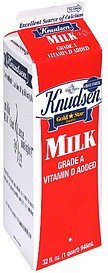
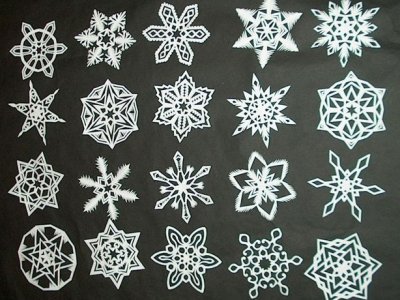


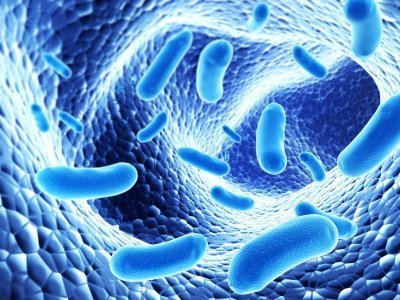


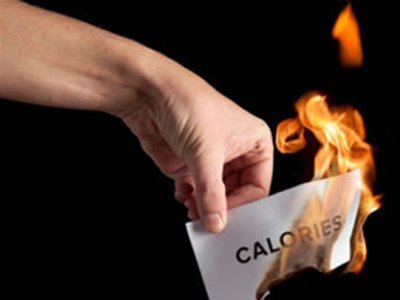

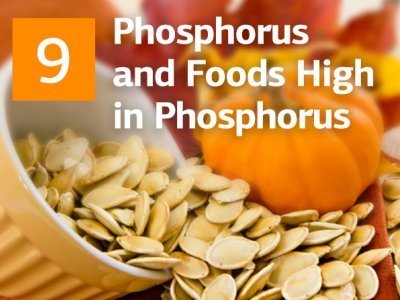
Add your comment